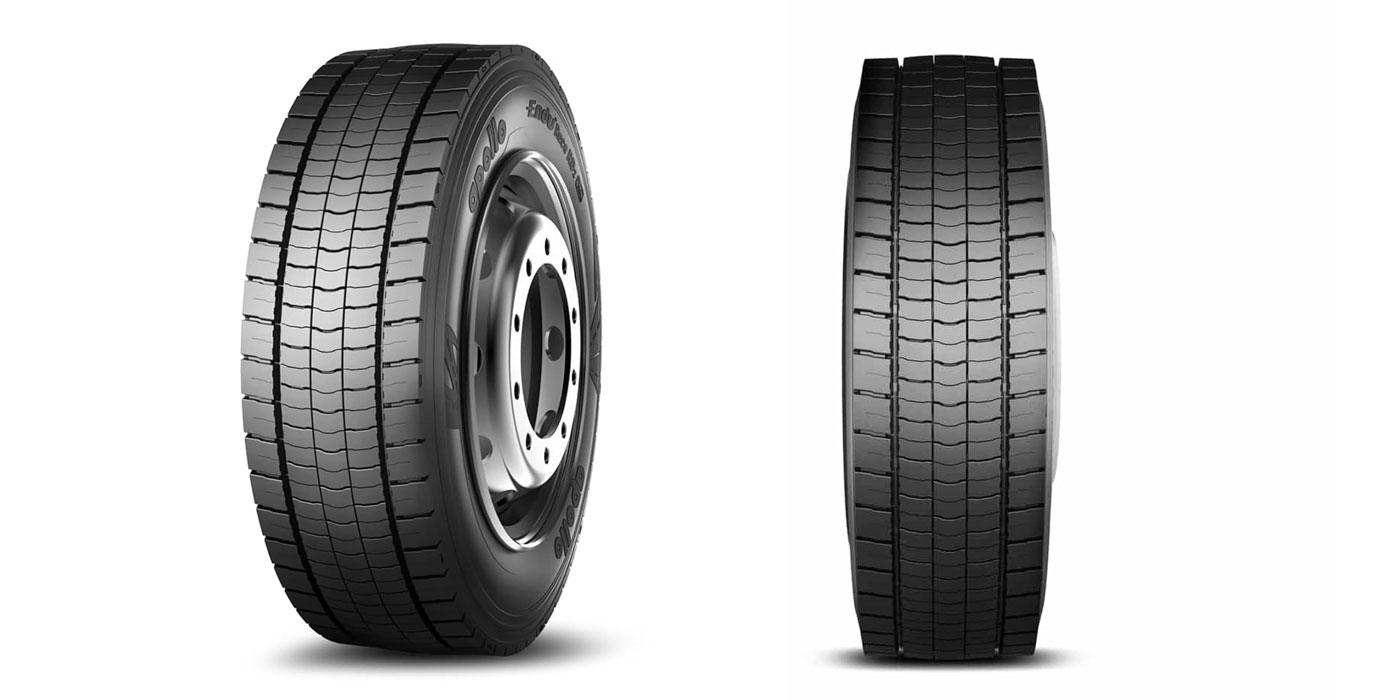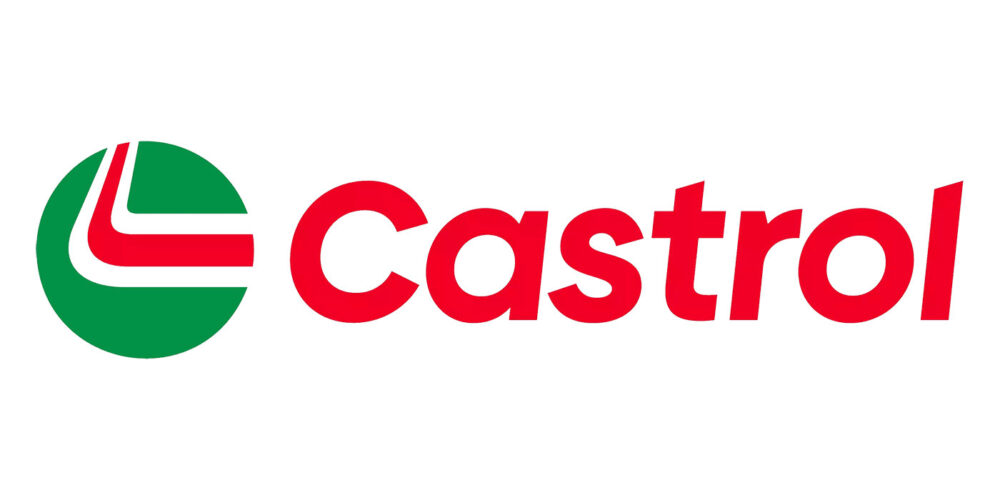I’ve been following alternate fuel development for several months now with the idea of giving our readers a logical/reasonable update. It’s getting increasingly difficult to summarize everything that’s happening out there.
Let’s exclude electrical, hybrid and natural gas vehicles from this discussion so the focus can be on traditional substitutes for diesel fuel and gasoline. You already know I think natural gas (including methane and propane) makes the most sense for the next few years for a variety of reasons.
First, I think we are finally beginning to see some reasonable thinking about corn-based ethanol.
The failure of the 12-member Joint Select Committee on Deficit Reduction to point the U.S. in a direction that will get us out of debt had an unintended consequence. Influential House and Senate agricultural committee leaders had secretly put together a tentative 2012 Farm Bill. Failure of the Supercommittee to reach a decision caused these same legislators to pull that bill off the table. Instead, a new Farm Bill will be developed by September 2012 through the normal channels of committee meetings for all interested parties, not just farmers and activist environmentalists. I think we will see a tightening of corn-based ethanol expenditures until the budget deficit can be reduced.
European ethanol producers and the government of Chile have both complained about the “dumping” of corn-based ethanol into their fragile economies. I expect Europe will place higher tariffs upon U.S.-produced ethanol soon. But why does the U.S. dump corn-based ethanol into other countries when U.S. environmentalists say we need more ethanol usage here?
The current EPA Administrator, Lisa Jackson, used the phrase “sound science” in January 2011 when she was pushing for an E15 mandate for 2001 through present model year vehicles. But many in government and industry doubted the science behind the proposal. This proposal was seen as a way to utilize the excess corn-based ethanol being produced by U.S. farmers. I see the proposal as a continuation of the EPA’s concept of “technology forcing legislation,” rather than science. What about those unfortunate souls who drive pre-2001 vehicles? Could this proposal be part of a Federal government maneuver to sell more new vehicles?
Don’t get me wrong, I’m happy to see farmers planting and selling crops rather than being paid not to farm. But shouldn’t we adjust their output to be more in line with market needs—and not force the market to utilize everything they produce? Besides, I get nervous when we ask our government to regulate commercial enterprises. What about canceling tax incentives on corn-based ethanol, but allowing them to continue on cellulose-based ethanol?
I would also like to see the California Air Resources Board (CARB) not be able to force technology that affects business. CARB does not recommend the use of U.S.-produced corn ethanol because it allegedly produces higher lifecycle greenhouse gas (GHG) emissions than ethanol produced from sugar cane. So CARB has forced California fuel suppliers to import 123 million gallons of ethanol from Brazil. The U.S. has countered by shipping 40 million gallons of corn-based ethanol to Brazil. What this really does is raise the price of gasoline in both places by those freight charges. Shouldn’t someone in California be worrying about economics?
On Dec. 29, a Federal judge ruled that California’s Low Carbon Fuel Standard (LCFS) as written is unconstitutional. He agreed with America’s ethanol producers that CARB’s LCFS standard violates the Commerce Clause of the U.S. Constitution. We will undoubtedly hear more from this far-reaching decision.
I promise that I’ll be more positive next month when we discuss bio-diesel’s steady growth. Discussion of corn-based ethanol infuriates me.
We can produce ethanol from any substance that provides oil (even alligator fat), so I wonder, why is there this insistence to produce corn-based ethanol?













